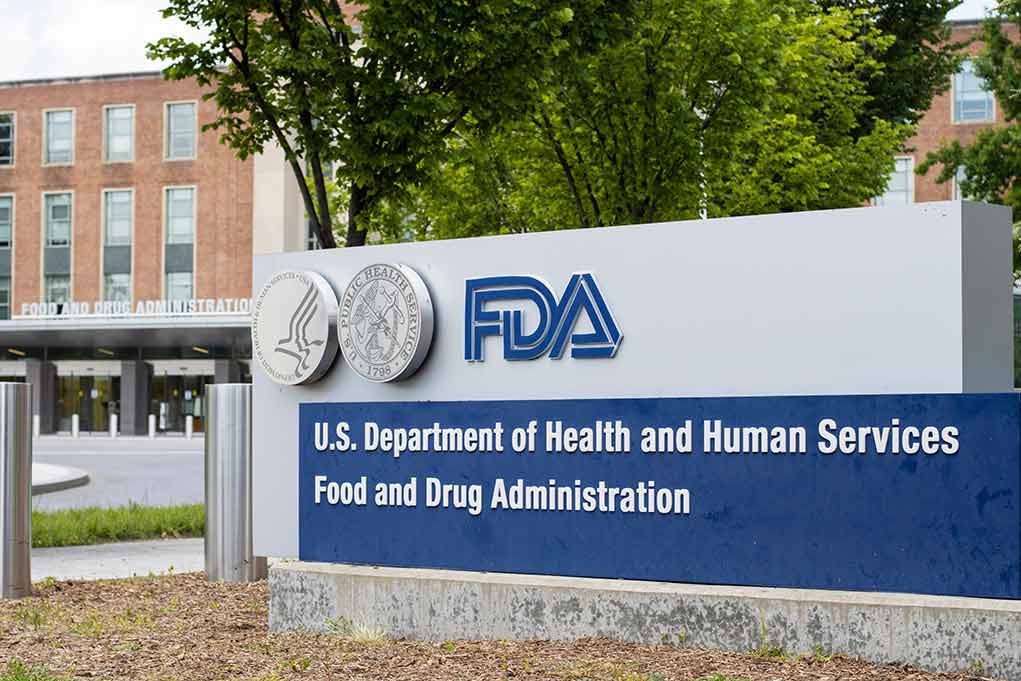
The FDA has issued an urgent warning about a dangerous substance called “gas station heroin” that has caused severe injuries, seizures, and even death across America while being legally sold in convenience stores.
Key Takeaways
- The FDA is warning about “gas station heroin” (tianeptine), which is causing serious harm including seizures, hospitalization, and death
- Despite not being FDA-approved, the drug is widely available at gas stations under brand names like ZaZa, Tianna Red, and Neptune’s Fix
- Tianeptine produces opioid-like effects and can lead to addiction with withdrawal symptoms similar to opioids
- New Jersey alone reported 20 severe cases related to tianeptine between June and November 2023
- FDA Commissioner Martin A. Makary expressed particular concern about the danger this substance poses to America’s youth
Dangerous Substance Disguised as Convenience Store Product
A dangerous drug with opioid-like effects is being sold legally at gas stations and convenience stores across America, prompting an urgent warning from the Food and Drug Administration. The substance, tianeptine, has earned the nickname “gas station heroin” due to its accessibility and effects that mimic opioids. FDA Commissioner Martin A. Makary highlighted the increasing number of adverse events related to products containing tianeptine, which is not approved for any medical use in the United States despite being used as an antidepressant in some countries.
“I am very concerned, I want the public to be especially aware of this dangerous product and the serious and continuing risk it poses to America’s youth,” said FDA Commissioner Martin A. Makary.
The drug is being marketed under seemingly innocuous brand names like ZaZa, Tianna Red, Neptune’s Fix, Pegasus, and TD Red. While a typical therapeutic dose in countries where tianeptine is approved would be 12.5 mg three times daily, products sold in the U.S. often contain much higher amounts. At these elevated doses, tianeptine can produce euphoric effects, leading to its potential for abuse and addiction. Several countries have already restricted its use due to these concerns, yet it remains uncontrolled at the federal level in the United States.
The U.S. Food and Drug Administration is sounding the alarm on a dangerous and growing health trend that could seriously harm you.
The FDA has issued a warning over a substance known as "gas station heroin." https://t.co/b59rmOP7FH
— WJHG-TV (@WJHG_TV) May 12, 2025
Growing Public Health Crisis
The FDA’s warning comes amid alarming reports of severe adverse effects associated with tianeptine use. These include agitation, confusion, seizures, coma, and in the most severe cases, death. New Jersey alone reported 20 severe cases linked to tianeptine between June and November 2023, highlighting the rapid growth of this public health threat. The ease of access to these products makes them particularly dangerous, as consumers may have no idea of the potential risks when purchasing what might seem like an ordinary supplement.
“FDA has received severe adverse event reports after use of Neptune’s Fix products, including seizures and loss of consciousness leading to hospitalization,” said the agency.
In response to growing concerns, the FDA issued a specific alert in 2023 about products like Neptune’s Fix that contain tianeptine. Subsequently, Neptune Resources, LLC recalled their Neptune’s Fix products due to the presence of this dangerous substance. However, similar products remain widely available in gas stations and convenience stores throughout the country, continuing to pose a serious risk to public health. The FDA has explicitly stated that tianeptine does not meet the definition of a dietary ingredient and is considered an unsafe food additive.
Addiction and Withdrawal Concerns
One of the most troubling aspects of tianeptine is its ability to cause dependence similar to opioids. Users who attempt to stop taking the substance often experience withdrawal symptoms that mirror those of opioid withdrawal, including agitation, anxiety, sweating, and cravings. This makes it particularly dangerous in the context of America’s ongoing opioid crisis, potentially serving as a gateway to more severe substance abuse or exacerbating existing addiction issues among vulnerable populations.
“FDA considers tianeptine to be a substance that does not meet the statutory definition of a dietary ingredient and is an unsafe food additive. The FDA is aware of several serious adverse event reports associated with tianeptine,” said the agency
The FDA advises anyone experiencing withdrawal symptoms from tianeptine to immediately contact the National Poison Control Center or seek emergency medical attention. Healthcare providers are also being urged to report adverse events related to tianeptine to the FDA. As President Trump’s administration continues to combat the opioid epidemic, addressing the emerging threat of “gas station heroin” represents an important front in protecting American communities from dangerous substances that exploit regulatory gaps to reach consumers.
















